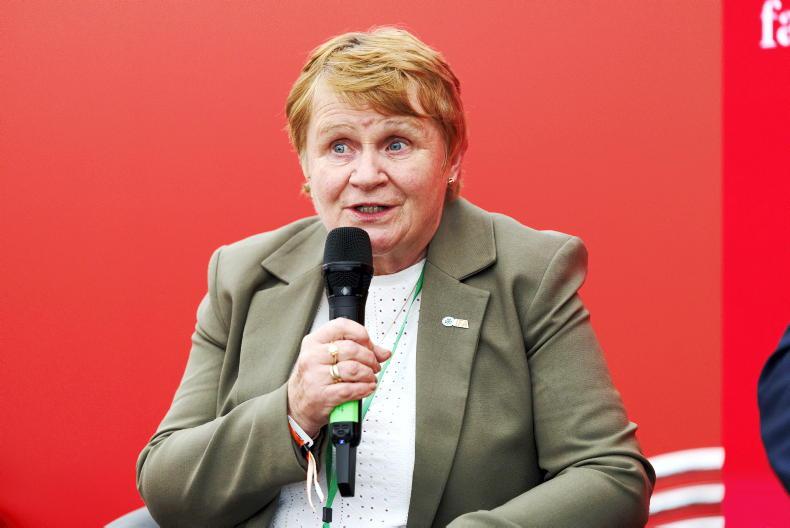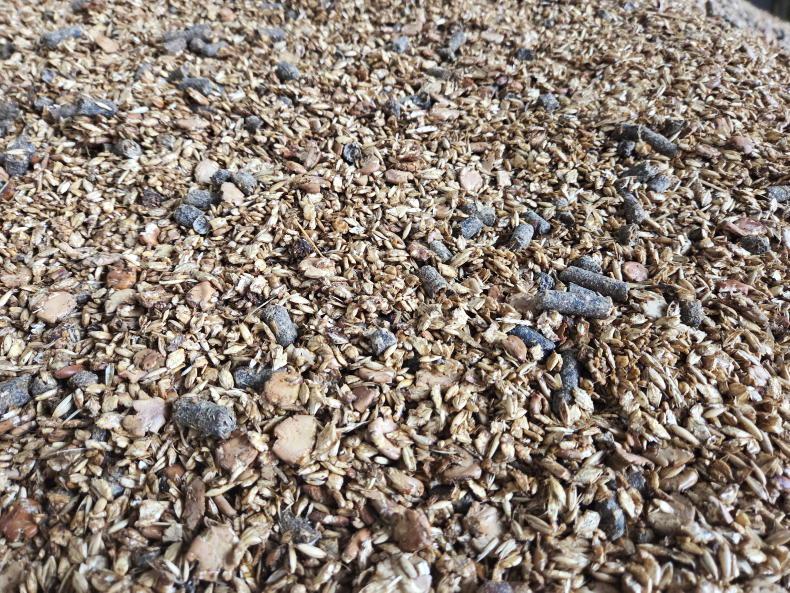While the Mercosur trade deal was signed off on in Uruguay last Friday, it now requires ratification back home in Europe.
Officials from the EU have indicated that the legal scrubbing and translation of the final agreement could take six to 12 months, so it could be close to 2026 before any votes are taken on the trade deal.
The president of the European Commission, Ursula von der Leyen’s political timing has been impeccable. France is in political turmoil with no government. A struggling German economy is placing huge pressure to get the deal across the line. This is all against the backdrop of a Trump presidency in the US, where world trade disruption could become part of his policy.
The Commission sees the trade deal as a way of solidifying Europe’s trading partners ahead of the next Trump presidency.
It’s also unclear as to whether the trade deal will be split into a co-operation agreement and trade agreement. The EU has favoured this type of deal recently and could opt for this option to block France from using its veto.
Blocking minority
Should the deal be split, this would mean a blocking minority would be required in order to stall the deal. This would mean a minimum of four countries that represent at least 35% of the EU population.
Speaking to reporters in Brussels on Monday, the French Minister for Agriculture Annie Genevard said: “France has spoken out very clearly, very resolutely and determinedly against the conclusion of this agreement. This draft agreement will have a very profound impact on national livestock production and the sugar sector. This agreement in no way guarantees the reciprocity of the standards that are imposed on our producers.”
Spain and Germany have come out in strong support of the deal.
France, Austria and Poland have come out in opposition to the deal with the Netherlands and Italy expressing concerns.
The Italian decision is seen as key to meeting the 35% blocking minority.
Speaking in Brussels on Monday, Minister for Agriculture Charlie McConalogue was less convincing in his opposition to the trade deal citing a requirement to see the details of the trade deal before any decisions can be made.
“We haven’t seen the final text yet and Ireland has expressed very serious concerns in relation to this in the past and will be very closely now looking to what the final text is before coming to any conclusion on it.”










SHARING OPTIONS